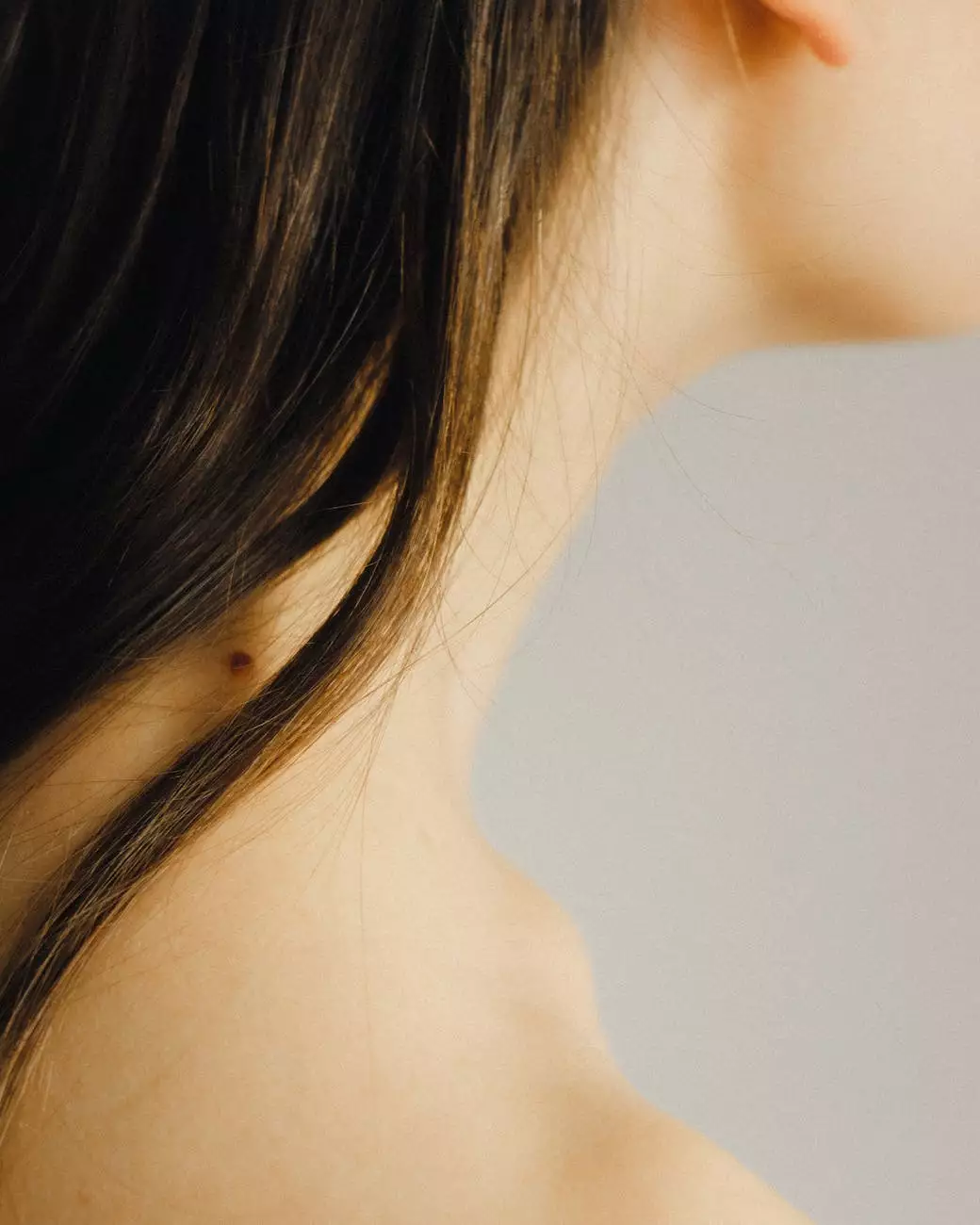Understanding Acne: Causes, Treatment, and Prevention
Skin Care
Introduction
Welcome to the comprehensive guide on acne, brought to you by Smith, Arthur F, MD, a reputable dermatologist with years of experience in treating various skin conditions. In this article, we will delve into the intricacies of acne, exploring its causes, treatment options, and prevention strategies to help you achieve clearer and healthier skin.
What is Acne?
Acne is a common skin condition that affects millions of individuals worldwide, particularly during their teenage years. However, it can continue to be a problem well into adulthood for some people. It is characterized by the presence of pimples, blackheads, whiteheads, and in severe cases, cysts and nodules. These blemishes mainly appear on the face, neck, chest, back, and shoulders.
Causes of Acne
Acne develops when hair follicles become clogged with oil, dead skin cells, and bacteria. Several factors contribute to its occurrence, including:
- Hormonal fluctuations: During puberty, the body undergoes hormonal changes, leading to increased oil production in the skin.
- Excessive sebum production: Sebaceous glands produce more oil than necessary, clogging the follicles and promoting the growth of acne-causing bacteria.
- Genetics: Research suggests that certain individuals may be genetically predisposed to developing acne.
- Diet and lifestyle factors: Consuming a diet high in refined sugars, dairy products, and processed foods, as well as leading a sedentary lifestyle, can contribute to the development of acne.
- Stress: High levels of stress can disrupt hormone balance and trigger acne flare-ups.
Treatment Options
Fortunately, effective treatments are available to manage and reduce acne breakouts. It is crucial to consult a qualified dermatologist like Dr. Smith to determine the most suitable approach for your specific condition. Some commonly recommended treatment options include:
- Topical Medications: These include creams, gels, or lotions that contain ingredients such as benzoyl peroxide, salicylic acid, or retinoids. They help unclog pores, reduce inflammation, and kill bacteria.
- Oral Medications: In more severe cases, oral antibiotics or prescription-strength retinoids may be prescribed to control acne-causing bacteria and regulate oil production.
- Procedures: Dermatologists may offer procedures like chemical peels, microdermabrasion, or laser therapy to exfoliate the skin, remove dead cells, and reduce acne scars.
- Lifestyle Modifications: Adopting a healthy lifestyle with a balanced diet, regular exercise, stress management techniques, and proper skincare regimen can significantly improve acne symptoms.
Prevention and Management
Preventing and managing acne involves adopting various measures to maintain healthy skin. Here are some tips recommended by Dr. Smith:
1. Cleanse Gently
Use a mild cleanser to wash your face twice daily, avoiding harsh scrubbing or over-washing, as it can irritate the skin.
2. Choose the Right Products
Select skincare and cosmetic products labeled as "non-comedogenic" or "oil-free" to minimize pore blockage and potential breakout triggers.
3. Keep Hands Off
Avoid touching your face frequently, as it can transfer bacteria and lead to additional breakouts. Also, refrain from picking or squeezing pimples, as it can worsen inflammation and result in scarring.
4. Protect Your Skin
Apply a broad-spectrum sunscreen with an SPF of at least 30 to protect your skin from harmful UV rays, which can exacerbate acne and cause post-inflammatory hyperpigmentation.
5. Eat a Nutritious Diet
Incorporate fruits, vegetables, whole grains, and lean proteins into your diet. Limit the consumption of sugary and processed foods, as they may contribute to acne flare-ups.
6. Stay Hydrated
Drink an adequate amount of water daily to maintain proper skin hydration and help flush out toxins.
7. Manage Stress
Engage in stress-reducing activities such as yoga, meditation, or exercising regularly. Chronic stress can aggravate acne, so finding healthy ways to cope is essential.
Conclusion
Acne can be a frustrating and distressing problem, but with the right knowledge and guidance, you can effectively manage it. Dr. Smith, a renowned dermatologist with expertise in treating acne, is dedicated to helping you achieve clearer and healthier skin. By understanding the causes, exploring treatment options, and adopting preventive measures, you can take control of your acne and regain your self-confidence.




